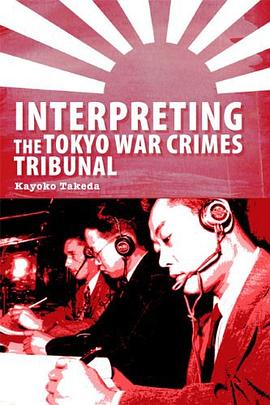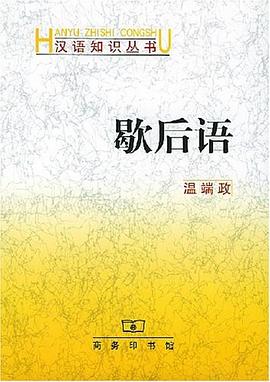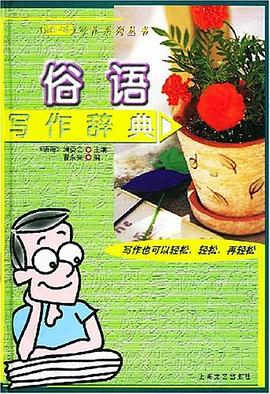

具體描述
In order to ensure its absolute authority, the Tokyo War Crimes Tribunal (1946-1948), the Japanese counterpart of the Nuremberg Trial, adopted a three-tier structure for its interpreting: Japanese nationals interpreted the proceedings, second-generation Japanese-Americans monitored the interpreting, and Caucasian U.S. military officers arbitrated the disputes. The first extensive study on the subject in English, this book explores the historical and political contexts of the trial as well as the social and cultural backgrounds of the linguists through trial transcripts in English and Japanese, archival documents and recordings, and interviews with those who were involved in the interpreting. In addition to a detailed account of the interpreting, the book examines the reasons for the three-tier system, how the interpreting procedures were established over the course of the trial, and the unique difficulties faced by the Japanese-American monitors. This original case study of the Tokyo War Crimes Tribunal illuminates how complex issues such as trust, power, control and race affect interpreting at international tribunals in times of conflict.
著者簡介
Dr. Kayoko Takeda is Professor of Translation and Interpreting Studies in the College of Intercultural Communication at Rikkyo University in Tokyo. Her main research areas are: translator and interpreter education, socio-cultural aspects of translating and interpreting, history of translation and interpreting, audiovisual translation, and technologies used in translating and interpreting.
圖書目錄
CHAPTER 1 THE TRIAL (pp. 10-15)
CHAPTER 2 THE INTERPRETING ARRANGEMENTS (pp. 16-51)
CHAPTER 3 PROFILES OF THE LINGUISTS (pp. 52-66)
CHAPTER 4 HIERARCHY AND LEARNING PROCESS (pp. 67-90)
CHAPTER 5 TOJO’S TESTIMONY (pp. 91-130)
CHAPTER 6 SOCIOPOLITICAL PERSPECTIVES (pp. 131-146)
Conclusion (pp. 147-151)
· · · · · · (收起)
讀後感
評分
評分
評分
評分
用戶評價
相關圖書
本站所有內容均為互聯網搜索引擎提供的公開搜索信息,本站不存儲任何數據與內容,任何內容與數據均與本站無關,如有需要請聯繫相關搜索引擎包括但不限於百度,google,bing,sogou 等
© 2025 book.quotespace.org All Rights Reserved. 小美書屋 版权所有




















